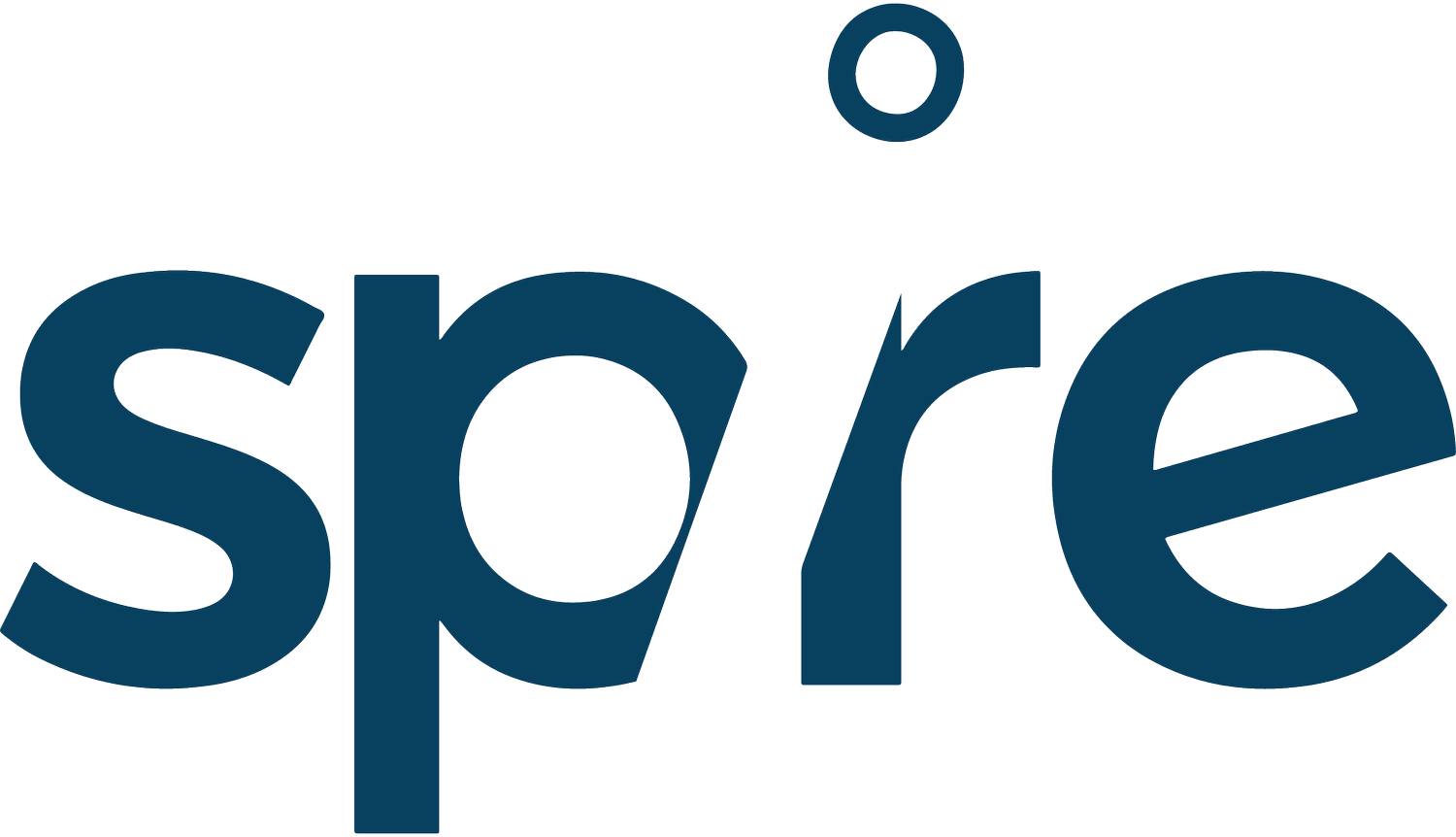The Traveler Checklist
As a traveler seeking the next step in your career, there are a handful of things you need to lock down on your end to find the best opportunities possible. When it comes to working with a recruiter they are, unfortunately, not ALL guaranteed to provide the same experience, deliver exhaustive information, or even place you in the best-fitting roles.
So, when you’re looking for a new assignment, make sure the recruiter(s) you speak with cover these essential areas in your conversation:
Job Details: Clearly outlined job requirements, including the specialty, unit, and type of facility (hospital, clinic, etc.). A recruiter should mention the expected patient load and any unique aspects of the position.
Location: They should specify the exact location of the assignment, including the city and state or country. Make sure they share information about the local area, nearby attractions, and amenities to help you envision the experience.
Contract Duration: A recruiter needs to clearly state the length of the contract, whether it's for 13 weeks, 6 months, or longer. Additionally, they need to inform you about the potential for contract extensions, if applicable.
Compensation Package: A breakdown of the entire compensation package, including base pay, overtime rates, stipends, housing allowances, travel reimbursements, and any other applicable bonuses should be given upfront. Transparency about tax implications and take-home pay is non-negotiable.
Benefits: You should easily understand the benefits provided, such as health insurance, retirement plans, continuing education opportunities, and licensure reimbursement. Also, an outline of any additional perks, like gym memberships or access to recreational facilities.
Shifts and Schedule: Information shared about the expected work schedule, including the number of shifts per week and whether it involves night shifts or weekends. They should discuss the facility's policy on shift rotations as well.
Licensing and Certification: A recruiter should advise you on the required licenses and certifications needed for the assignment. Also, guidance on obtaining or transferring licenses if necessary and clarify who will cover the associated costs.
Housing Arrangements: There should be a discussion about the housing options available to the candidates. Some agencies may offer fully furnished accommodations, while others provide stipends for candidates to find their own housing.
Travel Arrangements: Have them explain how travel to and from the assignment location will be handled. Some agencies may provide travel allowances or assist with booking flights or other transportation.
Support and Orientation: Have your recruiter describe the level of support provided during the assignment, such as orientation to the facility, ongoing support from the agency, and how to reach out in case of issues or emergencies.
Facility Information: The recruiter/agency should share details about the healthcare facility, its reputation, and any notable accolades or awards. Also, they should include information about the patient population and the facility's focus areas.
Testimonials: If possible, have them provide testimonials from other travel nurses who have worked with the agency or at the facility. Hearing about positive experiences (both positive and/or critical) from peers can be very reassuring.
Contractual Obligations: You should receive clearly outlined contractual obligations including cancellation policies and any penalties for breaking the contract prematurely.
Compliance and Paperwork: A recruiter should guide you through the necessary paperwork and compliance requirements, including background checks, drug screenings, and health records.
Which topics or areas have you found to be the most important in your conversations with recruiters or hiring teams? Let us know in the comments or share your feedback with us on our website or Facebook.
